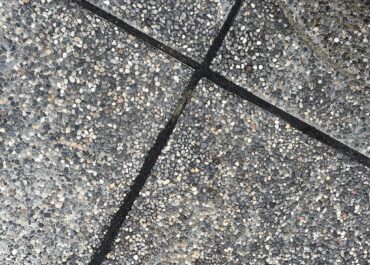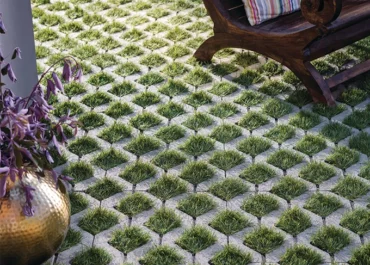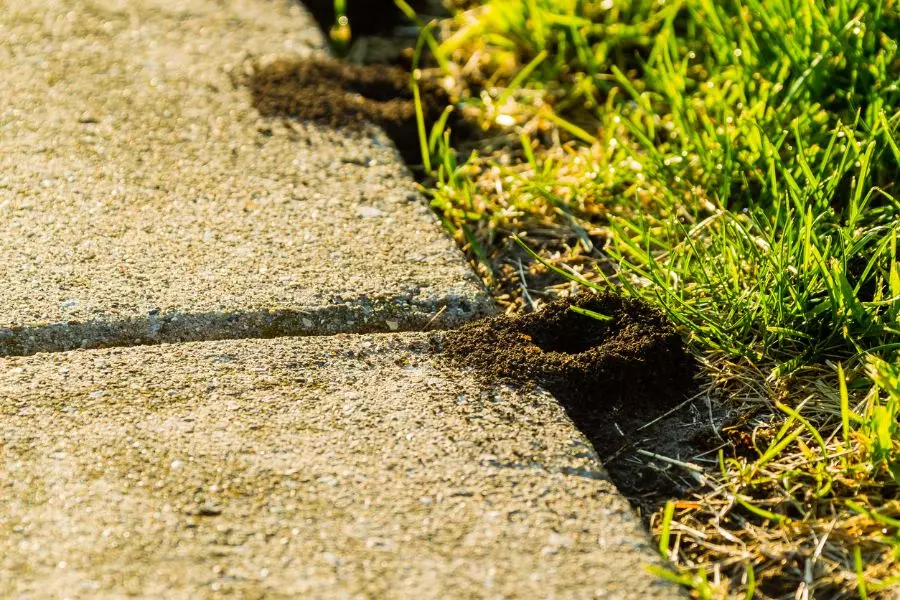
Maintaining your outdoor pavers clean is no headache. With a weekly routine of patience, five minutes, and a good broom, most eventual problems that a yard will face – such as mold, mildew, moss growth, and cracks – can be avoided for years. However, that isn’t to say that you won’t have to undertake more severe measures from time to time, especially if there are bushes or trees nearby. In environmental-friendly neighborhoods where greenery is indispensable, bugs can also be a cause of concern. So how to get rid of ants on the patio, for instance?
To find out some quick solutions for this matter, keep reading the article – or click here to know all about paver cleaning.
Why do ants settle on paver patios?
Ants are bugs that need a home – and when they see the secluded, tight corridor of a sand paver joint just sitting there, there’s not much mystery to it.
Therefore, when you start noticing some digging and scattered soil on your patio, it means that you have a colony under your paving stones. Outside kitchens and barbecue areas are the primary victims of this, considering how often they come in contact with food and organic spillage.
Knowing how quickly a nest can ruin the look of your patio, you’ll want to eliminate it as soon as possible. Aesthetics aside, though, not only does it attract other pests (and bigger insects) but it can also cause paver sinkage – when the floor becomes unleveled. Of course, dealing with either consequence might cost you some money, especially if you have to replace some units at the end of the day.
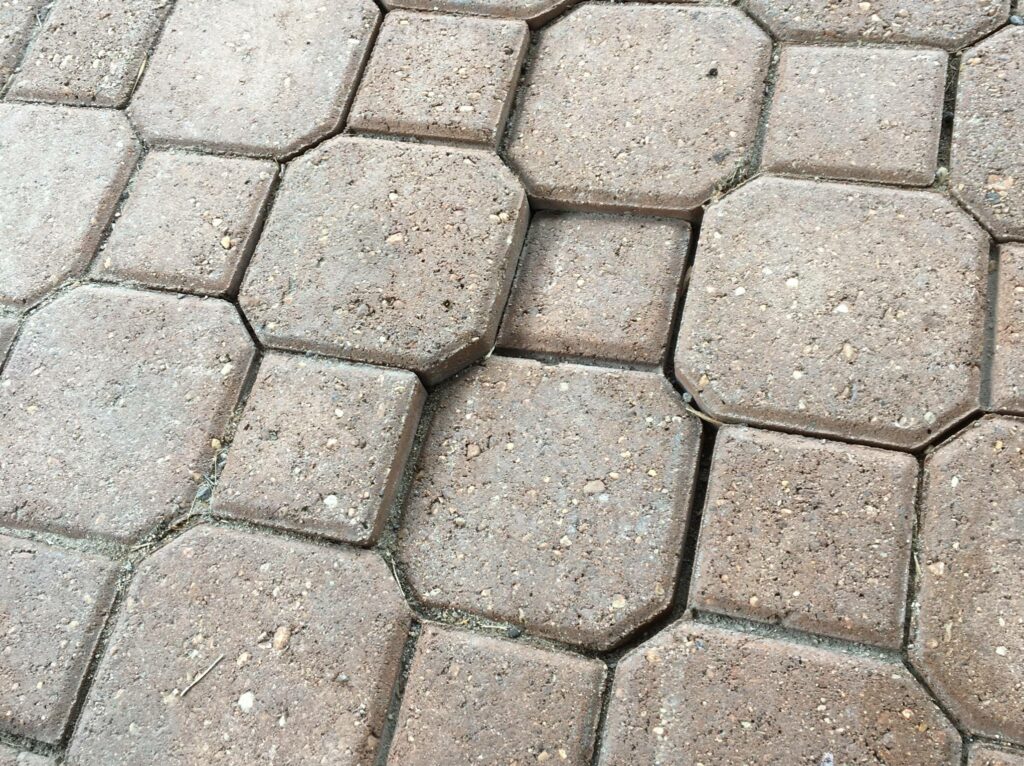
You may also like: Can You Use Calcium Chloride on Pavers?
How to contain ants on the patio?
The material of your paving stones doesn’t matter – be it concrete, porcelain, brick, or even cobblestone, it’s the underground that allows a colony to thrive. In other words, it’s the soil we have to focus on.
As you can imagine, the essential step to protect your paver installation is sealing. Applying a sealant twice a year will prevent anything from damaging its surface – let alone reaching the sand underneath. Learn all about sealers here.
That said, if you’re here, it’s because you have a problem at hand. Don’t worry! Below, we’ve listed a few natural solutions to get rid of ants in the best way possible. Keep in mind that we don’t mention commercial pesticides, given how they contribute to groundwater pollution and the extermination of bees and other beneficial insects.
White vinegar
First of all, vinegar is never a recommended solution for anything paver-related. It is a common product, sure, but it contains harsh chemicals that slowly deteriorate your stones. If you’re still willing to use it, however, opt for white vinegar – the safest option out of the bunch.
Use a 50/50 solution with warm water to kill insects, pouring it into the nest’s entrance and around the joints. Sweep the area with a broom afterward.
Diatomaceous earth (DE)
This is a powder (food-grade, not industrial-grade) that you can buy at most garden supply stores. It is made of tiny fossils left behind by microscopic organisms called diatoms, which slice through ants’ exoskeletons.
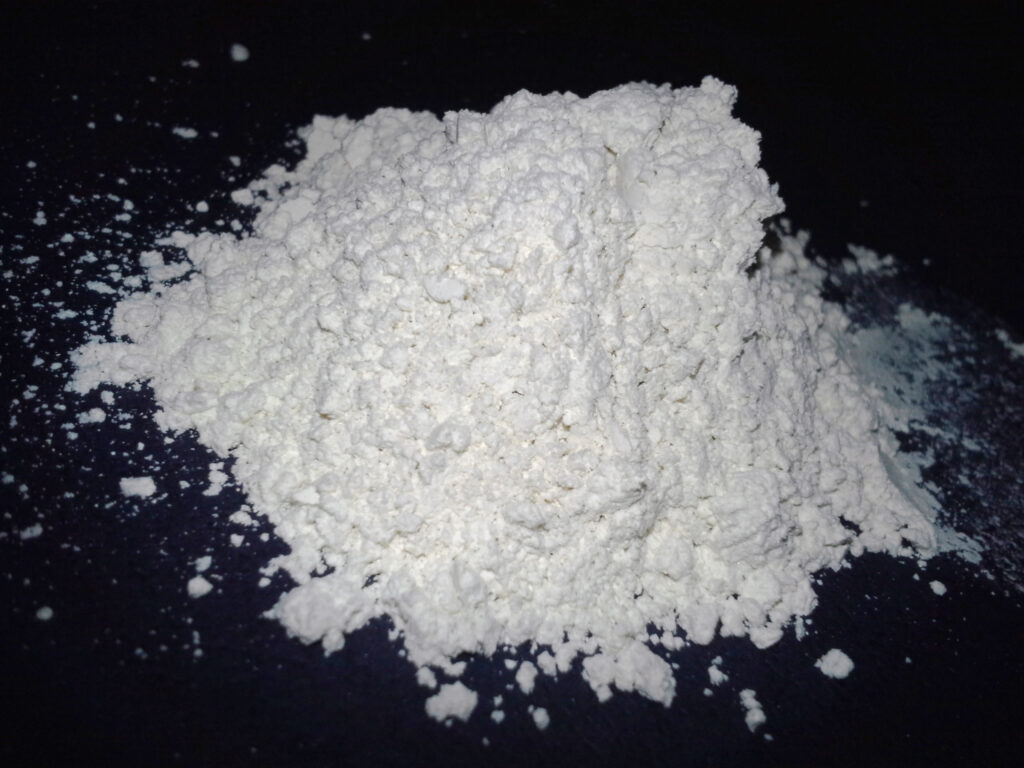
For this, sprinkle the powder around anthills, ant trails, and the nest itself (if there’s one in sight). Spread the particles in a perimeter around your patio, front doors, windows, and wherever else the ants may have access to. Replace the powder every time it gets wet by the rain or swept away by the wind.
Baking soda
Baking soda will suffocate ants. Just like the previous option, you’ll have to sprinkle it around the affected area. Some people even mix it up with sugar to attract the ants to the bait.
Boiling water
Boiling water hurts any animal – and ants are no different. Be careful, though – this means pouring a whole boiling pot down a nest, which can burn your fingertips. Despite being on this list, this solution is a very last-resort thing, taking into account how harmful it can be to your installation when exaggerated. Soggy spots are never a good sign, after all.
Garden hose water
Instead of boiling water, try drowning the ants in regular water. Drenching an entire nest with a hose can work, but some ants can survive up to 24 hours underwater – so you may have to do this more than once. Nevertheless, the aforementioned results can also be true here, which is one more reason to go easy on the water and avoid making ponds in your yard.
Furthermore, don’t mistake this for pressure washing. As you can read in this detailed article, a power wash is useful to clean dirty pavers, but it needs some meticulous handling to prevent further damage to the whole structure.
Don’t let ants on the patio!
As we said before, sealing is very important to prevent this problem from appearing in the first place. That said, there are some additional, helpful methods you can be taking every day, such as:
- mowing your lawn to the right height;
- removing plant litter;
- storing woodpiles inside a garage or shed;
- trimming the bushes;
- keeping compost bins and trash cans away.
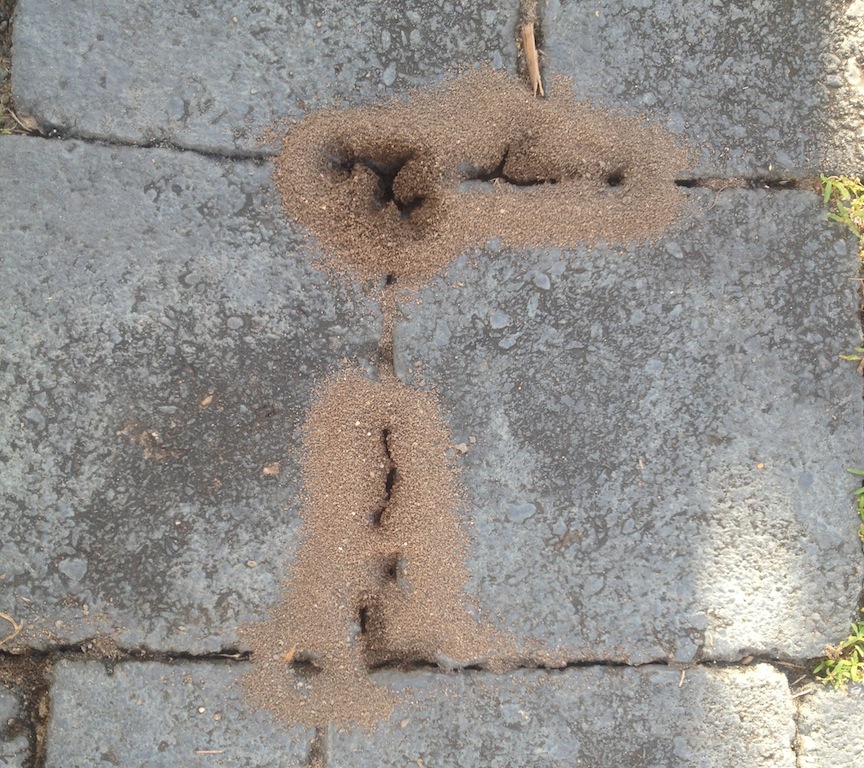
Eagle Pavers can lend you a hand!
If you live near Sarasota, Florida, don’t hesitate on contacting us to clean your pavers for you. As a branch of Eagle Stones, we’ve been providing clients with the best hardscape services around – including a vast catalog of international stones, complete installations, and professional repair needs.
On the same note, read as well: Is It Possible to Install Pavers Over a Concrete Patio?
In case you’re having problems with ants on the patio – or wherever else, for that matter – call us! We’ll be waiting for you.


